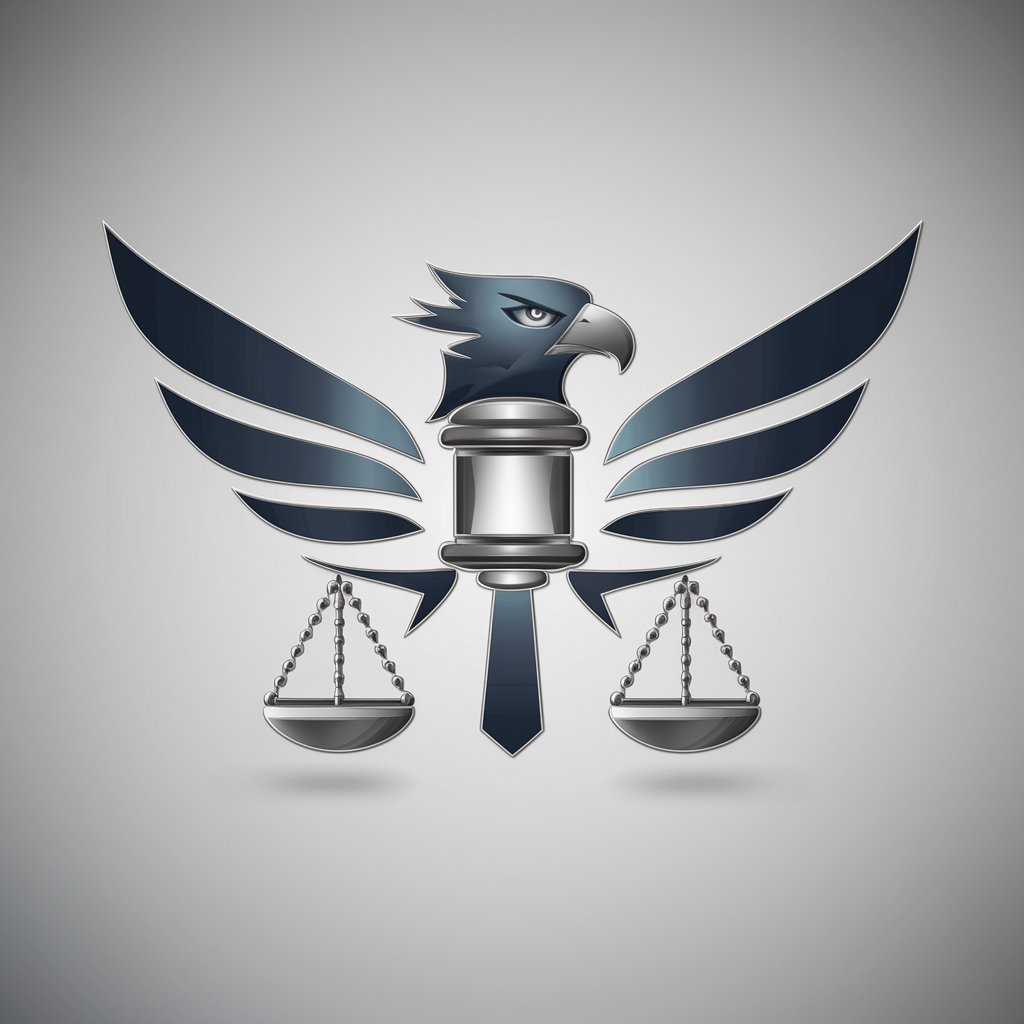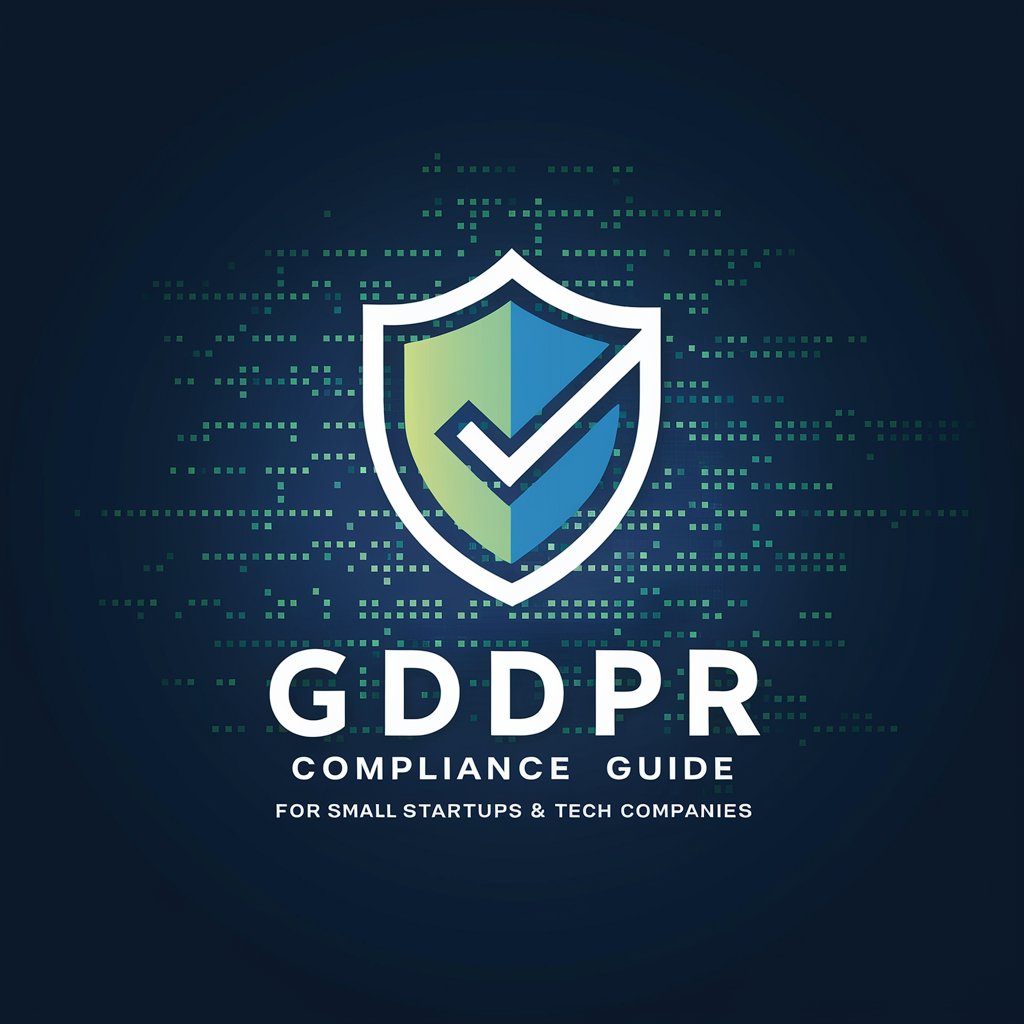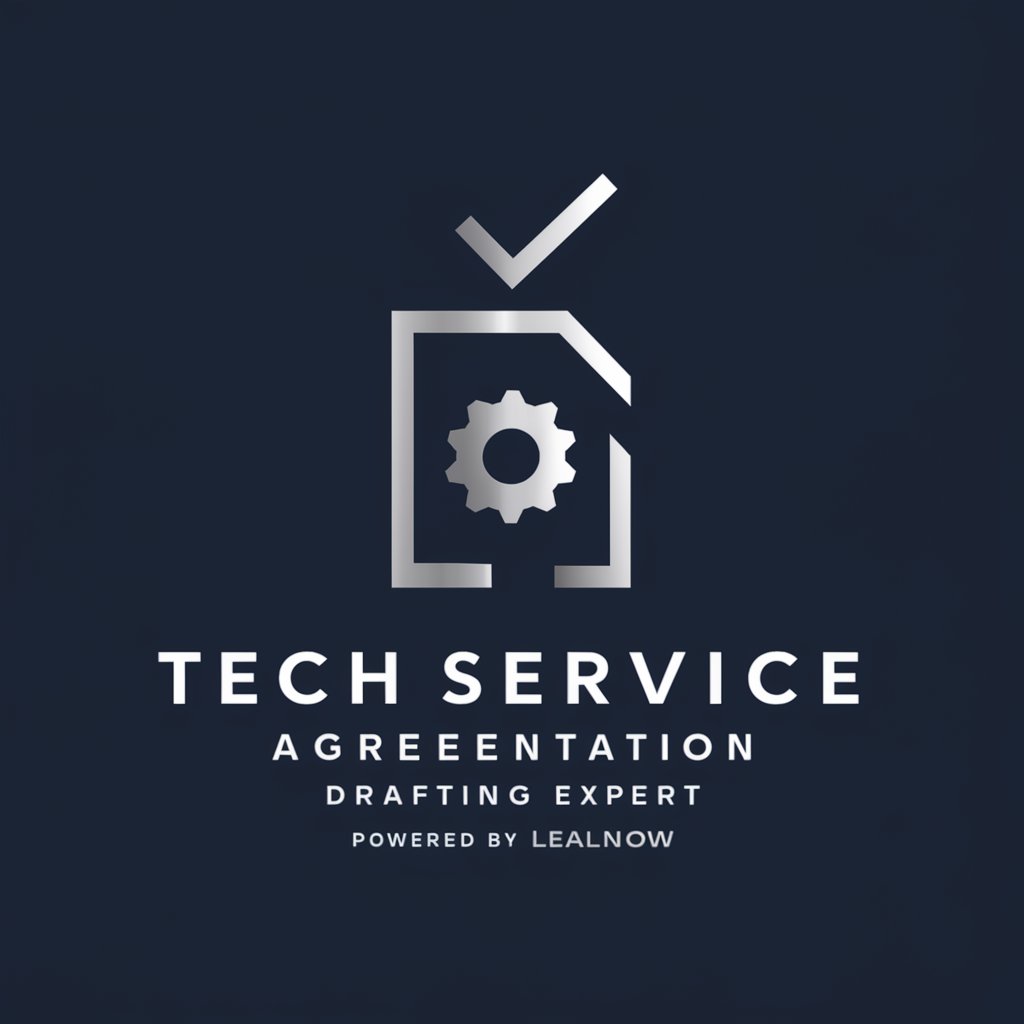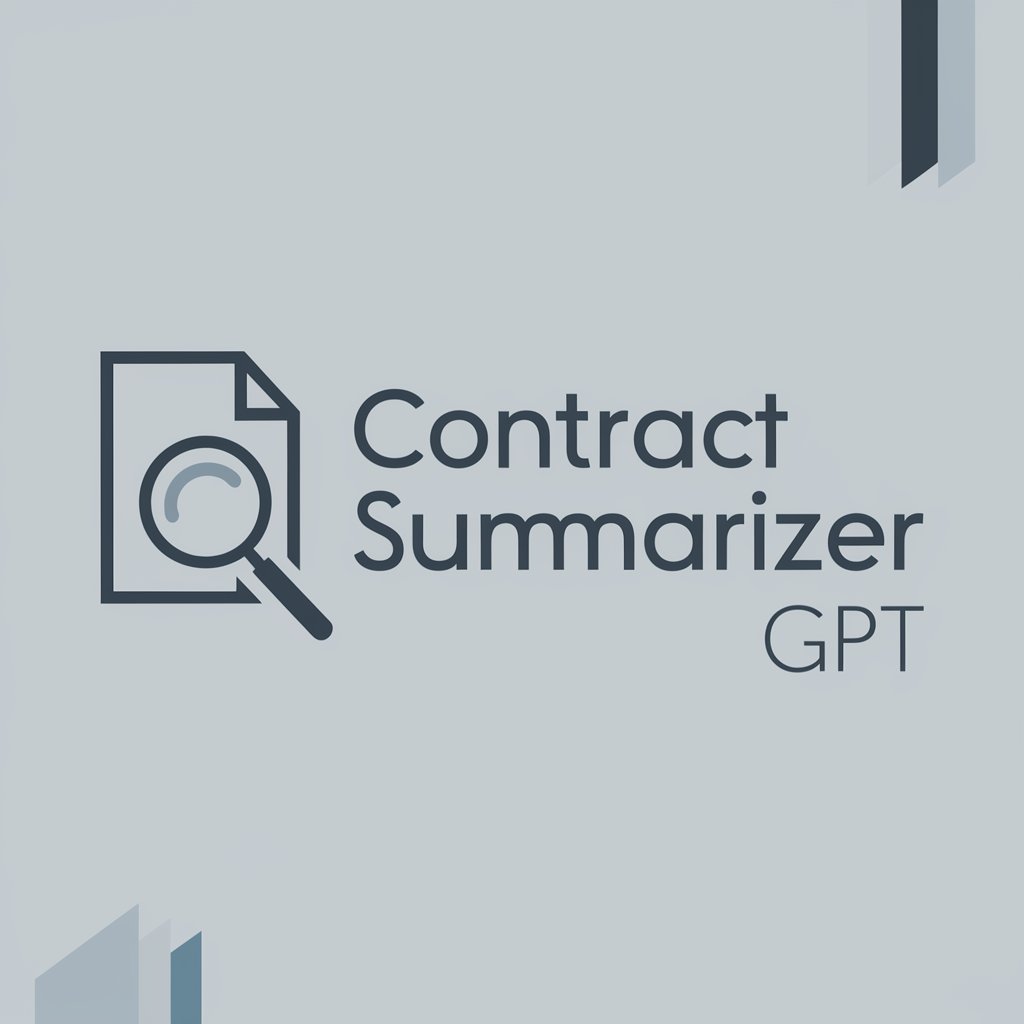10 GPTs for Legal Tech Powered by AI for Free of 2025
AI GPTs for Legal Tech are advanced artificial intelligence tools designed to revolutionize the legal field by leveraging Generative Pre-trained Transformers. These tools are specially adapted to automate and enhance tasks related to legal practices, such as document review, legal research, contract analysis, and case prediction. By understanding and generating human-like text, they provide tailored solutions that can interpret and draft legal documents, offer legal advice, and automate other legal processes, thereby increasing efficiency and accuracy within the legal domain.
Top 10 GPTs for Legal Tech are: 专利OA答复,AI Contract Review,Complete Legal Code Translator,Digital Twin Jeroen Zweers,👨⚖️ Legal Eagle's Insight Tracker 🦅,GDPR Guide,B4 Research Labs Advocate,Jurista Visionario,Tech Service Agreement Drafting Expert,Contract Summarizer
专利OA答复
Streamlining Patent Responses with AI

AI Contract Review
Empowering Contract Insights with AI

Complete Legal Code Translator
Translating legalese into structured code, powered by AI.

Digital Twin Jeroen Zweers
Empowering Legal Innovation with AI

👨⚖️ Legal Eagle's Insight Tracker 🦅
AI-Powered Legal Insight Engine

GDPR Guide
Navigating GDPR with AI-powered Precision

B4 Research Labs Advocate
Empowering Innovation with AI-driven Patent Insights

Jurista Visionario
Demystifying law with AI-powered clarity

Tech Service Agreement Drafting Expert
Streamlining Legal Tech with AI

Contract Summarizer
Streamlining contract analysis with AI

Essential Attributes and Capabilities
AI GPTs for Legal Tech exhibit unique features that make them indispensable in the legal domain. Their core capabilities include natural language understanding and generation, which allows them to interpret complex legal documents and generate coherent, relevant content. They are adaptable, able to handle tasks ranging from simple form filling to complex legal argumentation. Special features include language learning for various legal terminologies, technical support for legal analytics, and the ability to conduct web searches for case law and precedents. Some tools also offer image creation for evidence visualization and data analysis for predicting case outcomes.
Intended Users
AI GPTs for Legal Tech are designed for a wide range of users within the legal field, including law students, legal researchers, attorneys, and legal tech developers. They cater to novices by providing easy-to-use interfaces for automating mundane tasks and to professionals by offering advanced customization options for complex legal analyses. Their adaptability makes them accessible to non-technical users while still offering programming interfaces for developers to create bespoke solutions.
Try Our other AI GPTs tools for Free
Interior Schemes
Discover how AI GPTs for Interior Schemes are transforming the interior design industry with innovative, personalized solutions for professionals and enthusiasts alike.
Architectural Concepts
Discover how AI GPTs are transforming architectural concepts with advanced, user-friendly tools designed for both novices and professionals.
Treatment Innovation
Discover how AI GPTs for Treatment Innovation are revolutionizing healthcare with predictive analytics, personalized treatments, and more, enhancing patient care.
Interpreting Studies
Discover AI GPT tools for Interpreting Studies, your gateway to advanced language processing and interpretation solutions tailored for diverse linguistic needs.
Station Exploration
Discover AI GPTs for Station Exploration: Tailored AI solutions enhancing decision-making, operations, and innovation in space and research station projects.
Travel Companion
Discover how AI GPTs for Travel Companion redefine travel planning with personalized advice, real-time updates, and seamless integration for an unparalleled travel experience.
Further Exploration and Integration
AI GPTs for Legal Tech are not just standalone tools but can be integrated into existing legal workflows and systems, enhancing productivity and decision-making. They feature user-friendly interfaces that simplify complex legal processes, making advanced legal analysis accessible to professionals and novices alike. Their flexibility and adaptability allow for customization, ensuring that they meet the specific needs of various legal sectors.
Frequently Asked Questions
What are AI GPTs for Legal Tech?
AI GPTs for Legal Tech are artificial intelligence tools tailored for the legal industry, utilizing Generative Pre-trained Transformers to automate and improve legal tasks.
Can AI GPTs write legal documents?
Yes, AI GPTs can draft legal documents, including contracts and briefs, by understanding legal language and requirements.
Are these tools accessible to non-technical users?
Absolutely, these tools are designed with user-friendly interfaces that require no coding skills, making them accessible to anyone in the legal field.
How can AI GPTs improve legal research?
AI GPTs can rapidly search through vast databases of legal documents to find relevant case law, statutes, and legal precedents, significantly speeding up the research process.
Can these tools predict legal outcomes?
Some AI GPTs for Legal Tech are equipped with data analysis features that can analyze past cases to predict outcomes of similar future cases.
How do AI GPTs handle privacy and confidentiality?
AI GPTs are designed with robust security measures to ensure that all legal documents and information processed remain confidential and secure.
Can I customize an AI GPT for a specific legal task?
Yes, many AI GPTs offer APIs and developer tools that allow for customization to cater to specific legal tasks or requirements.
Are there ongoing costs associated with using AI GPTs for Legal Tech?
While some tools may offer free versions, most advanced features and extensive usage come with subscription fees or usage-based costs.